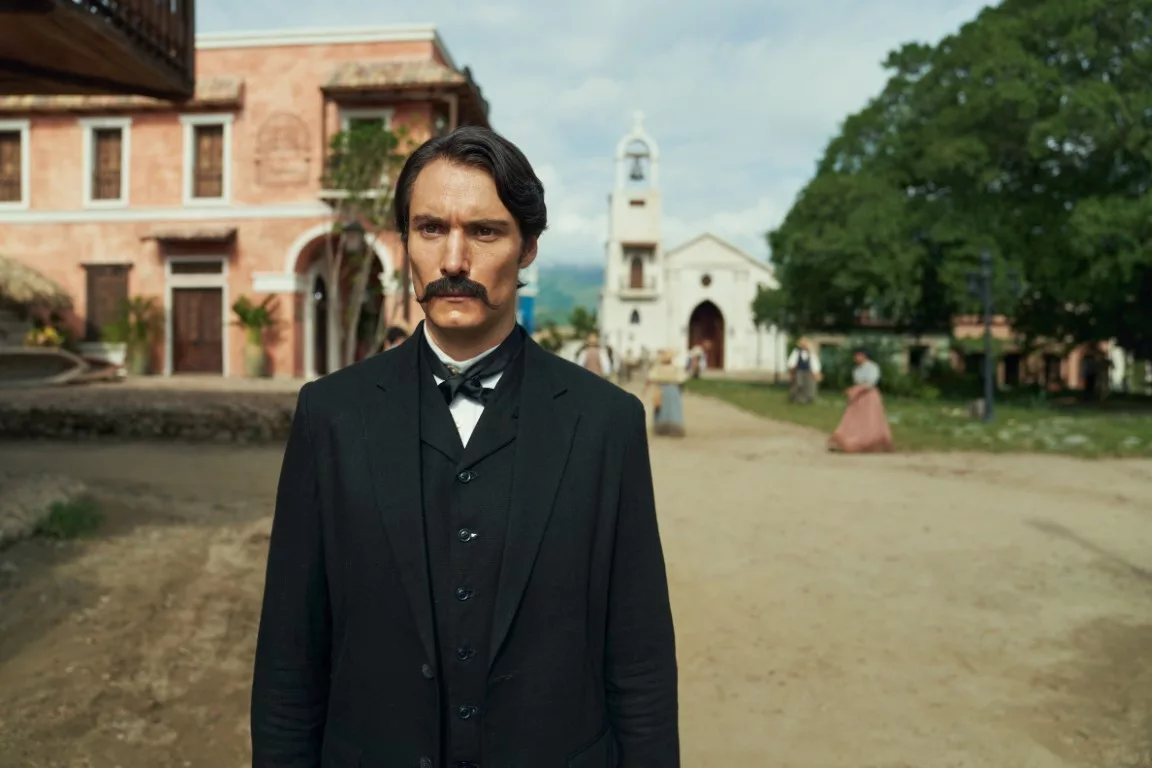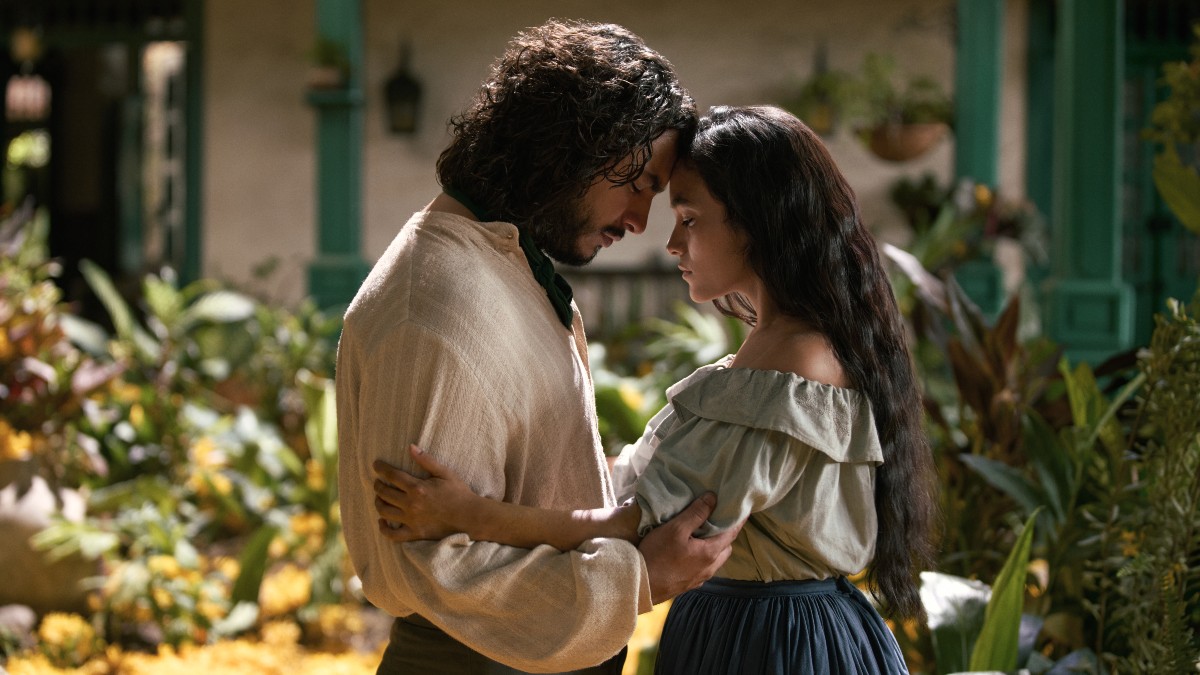Gabriel García Márquez’s 1967 epic novel, Cien Años de Soledad (One Hundred Years of Solitude), is Latin American canon, akin to Moby Dick. It won the Colombian author the Nobel Prize in literature in 1982 and is widely praised as one of the most influential works of its era.
I read it for the first time in college (in Spanish, no less) and was awed by how it pioneered magical realism, allegorized Colombian history through the fictional town Macondo, and showed change over time through the Buendía family. So when Netflix announced they were adapting it, I was cautiously optimistic.
There are a lot of challenges in tackling a work with this level of esteem, particularly one that has this novel’s sprawling timeline (seven generations of Buendías) and requires a lot of special effects. Thankfully, the streamer that skimped on telling Selena’s story appears to have spent top dollar on its “One Hundred Years of Solitude” adaptation.

The show is downright decadent. Magical realism can be tricky on screen, but it’s handled beautifully here, the otherworldly mixing with the quotidian to create a lush Macondo filled with mystery, sex, and disappointment. The first season spans eight one-hour episodes and covers the first third or so of the book–one hundred years is a long time, after all. There are some problems with pacing, and the episodes occasionally drag in the middle. And sometimes the characters, particularly the matriarch Úrsula Iguarán (Susana Morales as the younger and Marleyda Soto Ríos as the elder) and patriarch José Arcadio Buendía (Marco Gonzalez and Diego Vásquez), come off more as archetypes than people.
But over all Netflix’s Macondo is a deep and rich setting, beautiful to explore. The costumes are lush, the sets evocative, and the special effects delightful. From literally earth-shaking organisms to ghosts to the plague of insomnia, this production spares no expense, transporting the viewer to a more visually dense and compelling Macondo than I ever imagined.
It’s a testament to the power of filmmaking.
But there’s no escaping that this rich world is part of the twisted mind of Márquez. He may be a literary hero, but the man had damaging views of sex and gender. His work consistently glamorizes sex with minors and the type of male privilege that powers sexual exploitation.

In Netflix’s adaptation, we see this dynamic between the grown Colonel Aureliano Buendía (Claudio Cataño) and his chosen partner, Remedios Moscote (Cristal Aparicio). Yes, he picks a girl who hasn’t even hit puberty yet to be his wife, and the show (and the novel) portrays her as the purest, happiest woman (she is a girl). Remedios is too good for this world and dies in pregnancy, giving the Colonel more depth as a widower. It is gross, and it is not a product of its time. The couple’s parents are initially scandalized, showing how their pairing broke mores in the fictional past and the author’s time. Still, they find a way to make it work and romanticize their “love.”
And that’s not the only example – there’s how Arcadio (Janer Villareal) finds his partner. After he tries to rape his mother, Pilar Ternera (Viña Machado – at least he doesn’t know she’s his birth mom), Pilar pays Santa Sofía de la Piedad (Johanna Angulo) to go to Arcadio’s bed in her stead. And Santa Sofía just stays there without the series giving us a hint of her reasoning. She’s just an object to be used.
Then, flipping the genders, Pilar has babies with both of the Buendía boys. Despite it being molestation (they are boys, and she is an adult), the show portrays their pairings as exciting and romantic.
It’s frustrating, particularly in 2024, when our box office is dominated by the reimagined backstory of the Wicked Witch of the West in “Wicked” and Percival Everett’s James, retelling the story of Mark Twain’s Adventures of Huckleberry Finn from the perspective of the previously enslaved Jim, won the National Book Award.
But here we are, with a straightforward adaptation of the great, if problematic, “One Hundred Years of Solitude.” Filmmakers Laura Mora and Alex García López clearly have great reverence for the work, and perhaps it needs this literal translation to screen. We certainly haven’t ever seen Macondo like this. And yet, I can’t help but wish the conversation about what it means to be Latin American or part of its diaspora had advanced since 1967. Apparently, we’ve gotten bigger budgets and fancier storytelling tools, but we haven’t found more to say.

